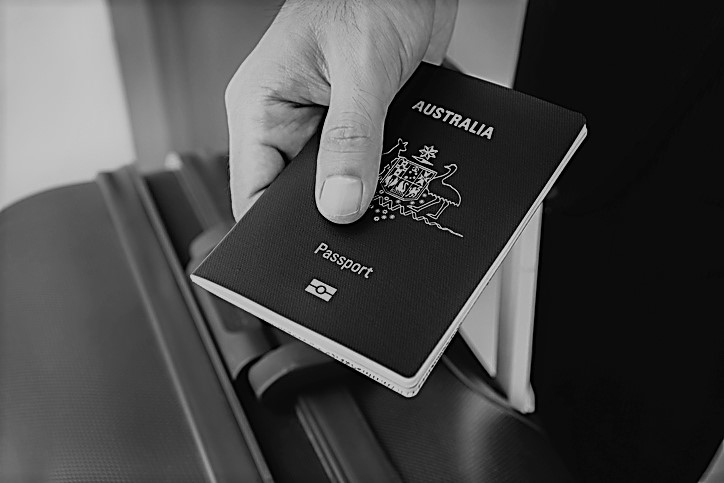Australia will introduce random searches of workers entering and inside its airports as it increases security after a recent foiled terrorism plot, officials said.
“These measures strengthen existing controls to ensure airport workers are authorised, properly identified and appropriately trained before entering secure airside areas,” Minister for Infrastructure and Transport Darren Chester said in a statement Sunday.
“They may also be subject to security screening in the course of their duties.”
Airport security was tightened in July after police foiled “Islamic-inspired” plans for a bomb attack on an Emirates flight from Sydney.
Police said they arrested four men in city-wide raids on July 28 after one of them days earlier had allegedly tried to bring an improvised explosive device on to a flight. The device was not allowed aboard as it exceeded the baggage weight limit.
Extra screening of hand and checked luggage since the incident has led to some travel delays around the country.
“Some of the measures will be obvious to the public, some will not be,” Prime Minister Malcolm Turnbull said at the time.
The Council of Australian Governments earlier this month signed off on a facial biometric agreement to give state and federal police real-time access to passport, visa, citizenship and driver’s licence images for criminal investigations including those involving suspected terrorists.
The prime minister denied the agreement was “Big Brother”-style mass surveillance, but the “logical next step”.
“The alternative is to not use the data at all,” he told the ABC’s AM program.
The infrastructure minister’s office did not respond Sunday when asked when the latest measures would take effect, but said they would be rolled out to “provide flexibility for airports to ensure continue to function efficiently and effectively”.







